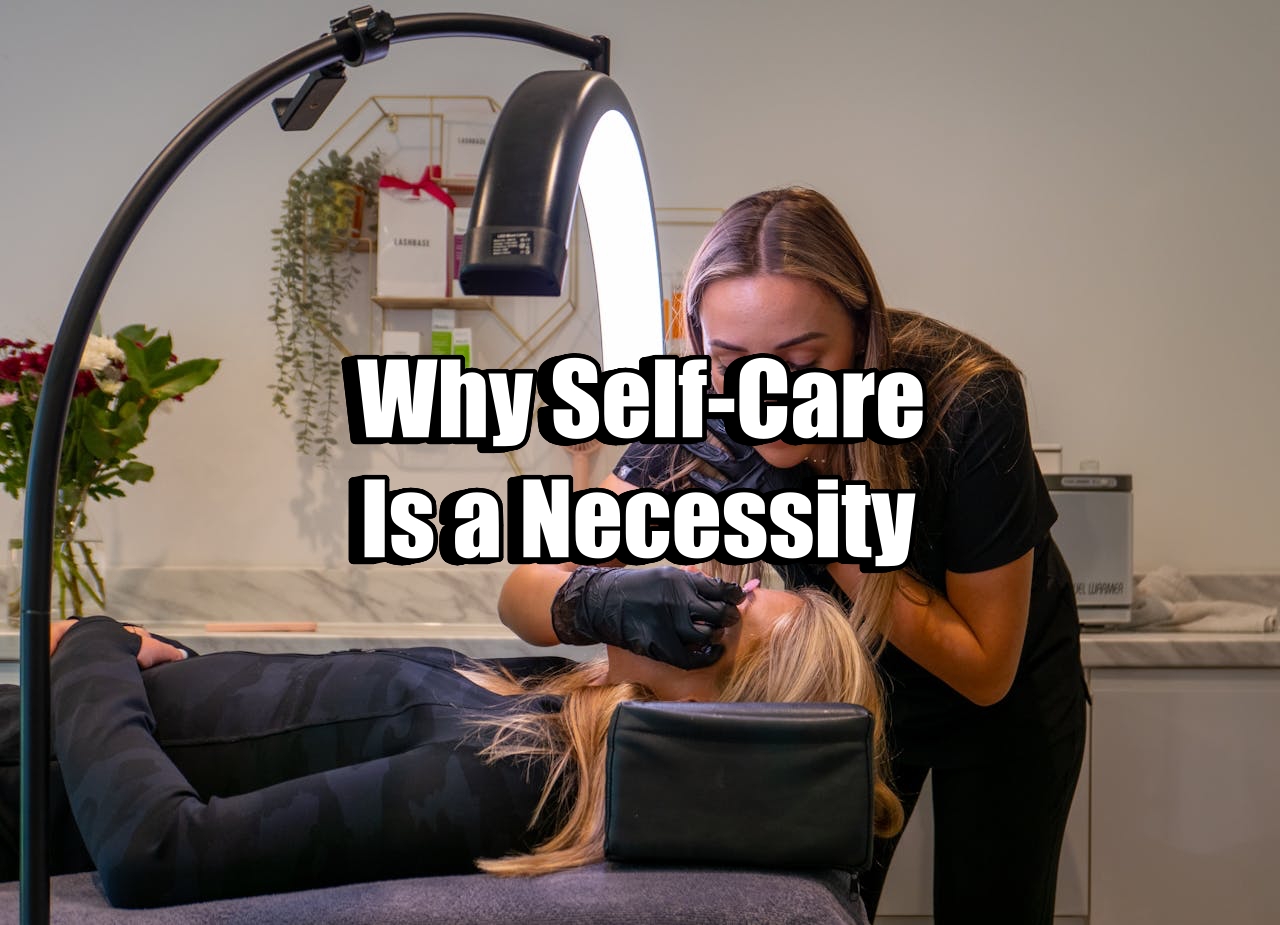Skip to content
Why Self-Care Is a Necessity (Not a Luxury) 🌿✨
In our modern world, the pace of life often feels relentless. Deadlines, responsibilities, and the constant pull of digital notifications can leave us drained before the day even begins. In the midst of all this, many people mistakenly view self-care as a luxury—something to be enjoyed only if time, energy, or resources are left over. But in reality, self-care is not a treat you earn. It is a necessity that directly impacts your health, productivity, and overall quality of life.
What Self-Care Really Means
Self-care is not limited to occasional pampering or vacations. It is the ongoing practice of intentionally nurturing your physical, emotional, and mental well-being. This can look different for everyone—exercising regularly, eating nourishing meals, taking time to rest, practicing mindfulness, or even setting firm boundaries with work and relationships. At its core, self-care is about listening to your needs and meeting them before exhaustion forces you to stop.
Why We Neglect Self-Care
Many people push self-care aside because they associate it with being selfish or unproductive. There’s a prevailing belief that success comes only from constant hustle and sacrifice. But ignoring self-care comes at a cost: higher stress levels, weakened immunity, reduced focus, and increased risk of burnout. Over time, the absence of self-care doesn’t just affect you—it affects your work, your relationships, and the people who rely on you.
The Benefits of Prioritizing Self-Care
When you integrate self-care into your daily routine, the benefits are far-reaching:
-
Improved focus and productivity: Rest and reflection sharpen your decision-making and problem-solving abilities.
-
Better physical health: Proper sleep, exercise, and nutrition strengthen your body’s resilience.
-
Emotional balance: Practices like journaling or meditation reduce anxiety and boost emotional stability.
-
Stronger relationships: When you care for yourself, you have more patience, energy, and compassion to give to others.
-
Sustainable growth: Instead of short bursts of effort followed by burnout, self-care supports long-term consistency.
Practical Ways to Practice Self-Care Daily
Self-care doesn’t have to be complicated or time-consuming. In fact, the small, consistent practices often have the greatest impact:
-
Take short breaks during your workday to stretch or breathe deeply.
-
Schedule “unplugged” time away from screens and social media.
-
Nourish your body with balanced meals and enough water.
-
Keep a journal to process thoughts and emotions.
-
Say “no” when your plate is already full—protecting your boundaries is an act of self-care.
-
Get regular checkups and listen to your body’s signals.
The Bottom Line
You cannot pour from an empty cup. Neglecting your well-being doesn’t just harm you; it diminishes your ability to show up fully for your career, your loved ones, and your dreams. Self-care is not selfish, and it is certainly not optional. It is an investment in your present energy, your future health, and your overall happiness.
So instead of waiting for the “perfect” time to rest or recharge, build self-care into your everyday life. Even 10 minutes of intentional self-care each day—whether it’s a walk, deep breathing, or quiet reflection—can transform your outlook and restore balance.
Remember: success and fulfillment don’t come from running yourself into the ground. They come from showing up consistently, and that consistency is only possible when you care for yourself first. 🌱

No responses yet